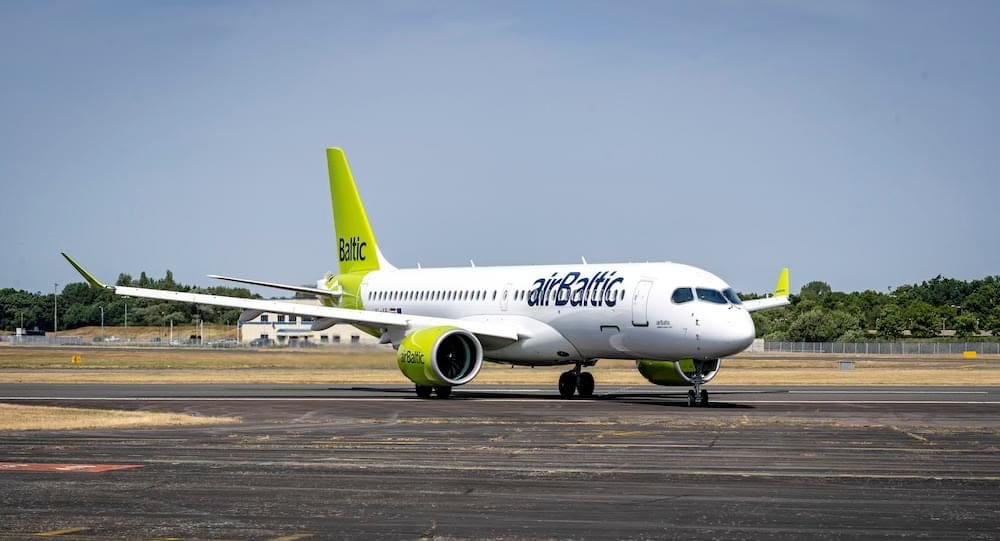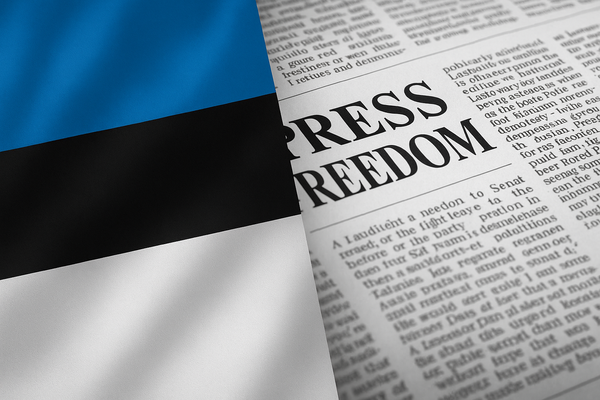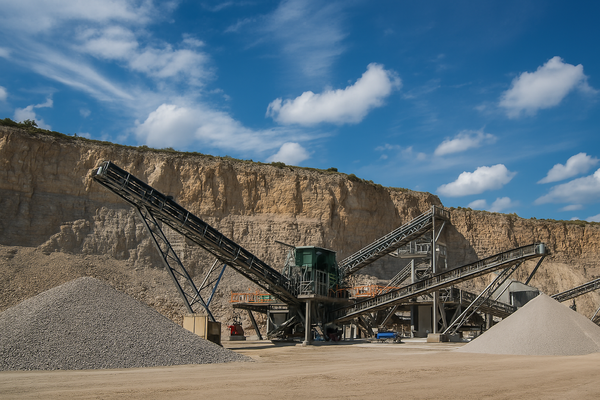
AirBaltic to call IPO by year-end
Latvian national airline airBaltic is set to embark on its first-ever initial public offering (IPO) before the end of 2024. The decision was confirmed by the government during a closed session on Friday, 30 August.
The IPO will be conducted alongside negotiations with an unnamed “strategic investor”. The Latvian state currently holds 97.97% of airBaltic, with the remainder owned by Aircraft Leasing 1, a company controlled by Danish businessman Lars Thuesen.
Despite previous intentions to float the airline, economic conditions had not made an IPO feasible. Now the Latvian government is committed to completing the IPO within the next four months. The sale will see its stake drop from 97.97% to 25% plus one share.
The IPO comes on the heels of airBaltic booking impressive financials for H1 of 2024, as the airline reported record-breaking revenues and operational metrics, despite registering a net loss.
Airline’s revenues up in H1
According to the latest investor report, airBaltic achieved a 16% year-on-year increase in revenue, reaching approximately EUR 339mn. The adjusted EBITDAR surged by 39% to nearly EUR 77mn.
AirBaltic’s passenger numbers also rose significantly, with a nearly 11% increase to over 2mn passengers in the first half. The airline has introduced 20 new routes, bringing the total to more than 130 routes and 24 code-share partners.
AirBaltic President-CEO Martin Gauss said: “We have had a strong first half of the year, driven by an increase in flights and passengers, enhanced efficiency, and a dedicated focus on customer service,” Gauss said. “Although we faced rising costs and capacity challenges, our strategic focus and operational efficiency have enabled us to handle these challenges effectively.”
The airline reported a net loss mainly due to engine shortages, accelerated depreciation costs, and currency depreciation, compounded by one-off costs related to the early redemption of a previous bond.
Air Baltic Corporation AS was founded in 1995, and has a payroll of over 2,500. Its fleet includes 48 Airbus A220-300 aircraft – making it one of Europe’s youngest fleets, and well-positioned to attract potential investors.





